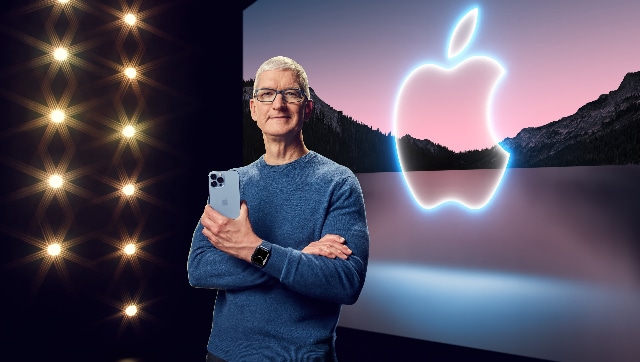Apple recently launched many new security measures for its iCloud services, including iMessage. Apple also added two-factor authentication of Apple IDs using hardware keys, as well as increased end-to-end encryption of iCloud. While Apple’s customers are indeed happy about these sweeping changes, the FBI is actually frowning upon the Cupertino-based tech giant

So miffed is the FBI about Apple’s security updates, that they are invoking national security and how Apple is against the idea of keeping Americans safe. The FBI, in an interview with the Washinton Post, said that Apple increasing security features on the iPhone “hinders” the agency’s ability to protect Americans, and again presses for backdoor access.
The agency said it was “deeply concerned with the threat end-to-end and user-only-access encryption pose.”
“This hinders our ability to protect the American people from criminal acts ranging from cyber-attacks and violence against children to drug trafficking, organized crime and terrorism,” an FBI spokesperson told the publication. “In this age of cybersecurity and demands for ‘security by design,’ the FBI and law enforcement partners need ‘lawful access by design.'”
The FBI and Apple have been at loggerheads for ages. Apple has always marketed their devices and services as extremely secure – so secure that even the FBI has had difficulty breaking into Apple devices that have been recovered from suspects.
The FBI, on a previous occasion, had asked Apple to develop a special “key” for the organisation that would allow them to get backdoor access to all of their devices and services and gather evidence against suspects.
“Lawful access by design” is a euphemism for access to otherwise encrypted data. The FBI and others have continually pressed Apple to add a way for law enforcement to see all data.
An interesting thing to note here is the fact that one of the first people to hack into an iPhone, George Hotz, was approached by the FBI to help develop a universal key that would allow the FBI to hack into any iOS device.
Apple, of course, has refused to make a universal key saying that it would be detrimental to Apple users should such a key ever leak out and get into the hands of a hacker. Instead, they offered to work with the FBI on a case-to-case basis. Apple said that it is not possible to add a backdoor that only law enforcement can use. Any backdoor, any circumvention of encryption, effectively cancels all user privacy protection because bad actors will exploit it.

0 Comments: